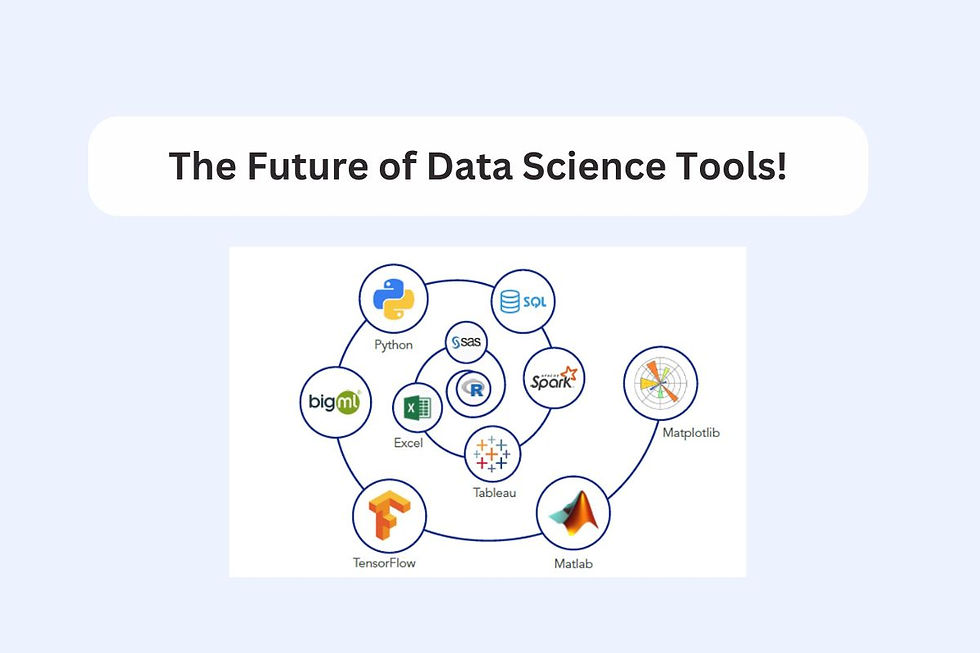5 Common Mistakes to Avoid in Python Web Development
- archi jain

- Jun 29, 2024
- 4 min read

Python has become a go-to language for web development due to its simplicity, readability, and the vast ecosystem of frameworks and libraries available. From small startups to large enterprises, many organizations rely on Python to build their web applications. However, like any powerful tool, it comes with its own set of pitfalls. Developers, both new and experienced, can sometimes make mistakes that hinder the performance, security, and maintainability of their applications.
Common Mistakes to Avoid in Python Web Development
1. Not Managing Dependencies Properly
What Are Dependencies?
Dependencies are external libraries or packages your project needs to function correctly. These can range from frameworks like Django or Flask to smaller utilities.
Common Mistakes
Not Using a Virtual Environment: Without a virtual environment, dependencies for one project can interfere with those of another, leading to version conflicts and unexpected behavior.
Not Freezing Dependencies: If you don't freeze (lock) your dependencies, updates to these packages can break your application.
How to Avoid
Use Virtual Environments: Isolate project dependencies to avoid conflicts.
Freeze Your Dependencies: Record the exact versions of your dependencies to ensure consistency.
2. Ignoring Security Best Practices
Common Mistakes
Storing Sensitive Information in Code: Hardcoding passwords, API keys, or other sensitive information directly into your code can lead to security breaches.
Inadequate Input Validation: Failing to properly validate user input can open your application to attacks such as SQL injection or cross-site scripting (XSS).
How to Avoid
Use Environment Variables: Store sensitive information in environment variables to keep it out of your codebase.
Implement Input Validation: Always validate and sanitize user input to prevent malicious attacks.
3. Poor Error Handling
Common Mistakes
Not Catching Exceptions: Failing to handle exceptions can cause your application to crash unexpectedly, leading to a poor user experience.
Overly General Exception Handling: Catching all exceptions without specific handling can make debugging difficult and mask underlying issues.
How to Avoid
Implement Specific Exception Handling: Handle exceptions at the appropriate level, providing meaningful error messages to users and logging detailed information for developers.
Use Logging: Implement logging to track and diagnose errors efficiently.
4. Inefficient Database Interactions
Common Mistakes
Making Too Many Database Queries: Excessive database queries can slow down your application and increase server load.
Not Using ORM Effectively: Misusing Object-Relational Mapping (ORM) can lead to inefficient database access patterns.
How to Avoid
Optimize Queries: Minimize the number of database queries by optimizing your data retrieval methods.
Leverage ORM: Use the ORM efficiently to manage database interactions and take advantage of features like query optimization and caching.
5. Neglecting Code Quality and Documentation
Common Mistakes
Writing Unreadable Code: Code that is difficult to read and understand makes maintenance and collaboration challenging.
Lack of Documentation: Without proper documentation, it becomes hard for other developers (or even yourself) to understand and use the code effectively.
How to Avoid
Follow Coding Standards: Adhere to coding standards and best practices to write clean, maintainable code.
Document Your Code: Provide clear and comprehensive documentation for your code, including comments and usage instructions.
Conclusion
Avoiding these common mistakes can significantly improve the quality and reliability of your Python web development projects. By managing dependencies properly, following security best practices, handling errors effectively, optimizing database interactions, and maintaining high code quality with proper documentation, you can build robust and maintainable web applications. Additionally, to further enhance skills, consider exploring the best Python training course in Surat, Nashik, Agra, and other nearby cities in India. These courses can provide you with the knowledge and hands-on experience needed to become a proficient Python developer, helping you to avoid these common pitfalls and succeed in your web development career.
FAQs on 5 Common Mistakes to Avoid in Python Web Development
1. What is a virtual environment, and why should I use one?
A: A virtual environment is a self-contained directory that contains a Python installation for a particular project, along with all the dependencies that project needs. Using a virtual environment prevents conflicts between dependencies of different projects and ensures consistency across different development environments.
2. How can I manage dependencies effectively in my Python web project?
A: You can manage dependencies by using virtual environments to isolate them and by freezing your dependencies. Freezing your dependencies involves creating a requirements file that lists all the packages your project depends on, along with their versions, ensuring consistency and reproducibility.
3. Why is it important to store sensitive information securely, and how can I do it?
A: Storing sensitive information like passwords and API keys directly in your code can lead to security breaches if your code is ever exposed. To store sensitive information securely, use environment variables or secure storage services to keep these details out of your codebase.
4. What are the risks of inadequate input validation, and how can I mitigate them?
A: Inadequate input validation can lead to security vulnerabilities such as SQL injection and cross-site scripting (XSS) attacks. To mitigate these risks, always validate and sanitize user inputs, ensuring they conform to expected formats and are free from malicious content.
5. How can I handle errors more effectively in my Python web application?
A: Effective error handling involves catching specific exceptions and providing meaningful error messages to users while logging detailed error information for developers. Avoid catching all exceptions generically, as this can hide underlying issues and make debugging more difficult.



Comments